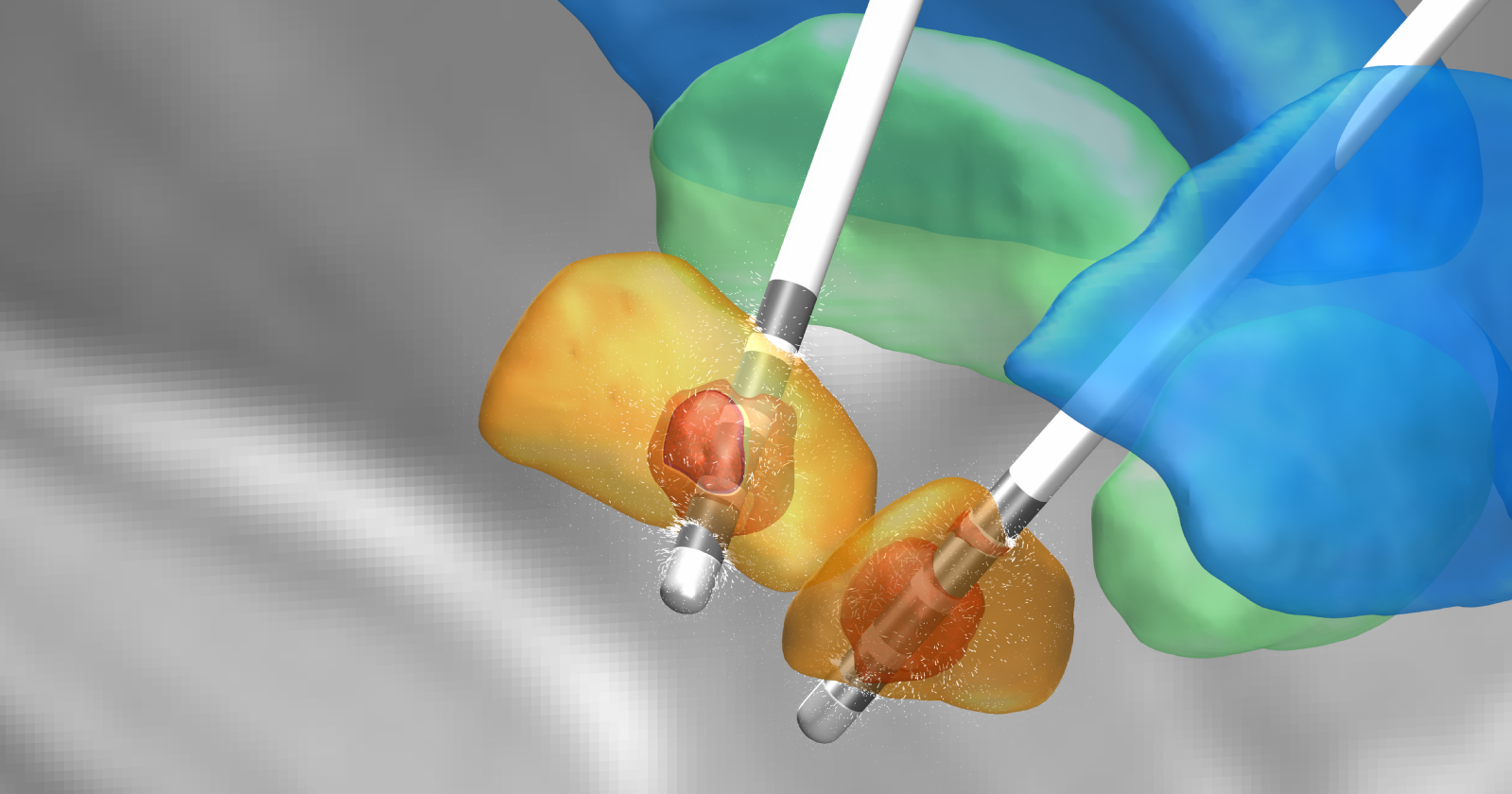Comments
- No comments found

Instilling a love for science in your child can be an enriching and rewarding experience.
Encouraging their curiosity and fostering a positive attitude toward scientific exploration can lay the foundation for a lifelong passion. You could start by explaining the process of making vegan-friendly wine, and then go on to other explanations. In this article, we will explore practical strategies to inspire and nurture your child's interest in science.

Children often look up to their parents as role models, so it's crucial to exhibit your own enthusiasm for science. Share your own scientific interests, engage in discussions, and showcase your excitement when encountering scientific phenomena. Encourage scientific thinking by asking questions and seeking answers together, demonstrating that learning and exploring are lifelong processes.
From a young age, children possess an innate curiosity about the world around them. Nurture this curiosity by exposing them to age-appropriate science-related activities, such as nature walks, trips to science museums, or stargazing. Encourage them to ask questions, make observations, and explore their surroundings. By fostering a sense of wonder and awe, you can ignite their passion for science and inspire them to delve deeper into the subject.
Engaging in hands-on activities is an excellent way to pique a child's interest in science. Conduct simple experiments at home using readily available materials, such as creating volcanoes, exploring the properties of water, or making homemade slime. Encourage your child to actively participate, make predictions, and draw conclusions from the experiments. Additionally, consider investing in age-appropriate science kits or toys that allow them to explore scientific concepts in a playful and interactive manner.

Look for opportunities to support your child's science education both in and outside of school. Research local science clubs, STEM programs, or science camps that offer hands-on learning experiences. Encourage their participation in science fairs or competitions, providing guidance and support during the process. Stay informed about their science curriculum, offer assistance with homework, and engage in discussions about what they're learning. By demonstrating the value you place on their education, you can help instill a genuine love for science.
Highlight the relevance and practicality of science in everyday life. Discuss how scientific advancements improve our lives, from technology and medicine to environmental conservation. Encourage your child to explore science-related topics that align with their interests, such as robotics, astronomy, or biology. Visit science-related exhibitions, watch science documentaries, or read books that showcase the impact of science on society. Engage in discussions about current scientific discoveries and breakthroughs, nurturing their understanding of science as a dynamic and ever-evolving field.
Science is inherently about asking questions, investigating, and problem-solving. Encourage your child to think critically by challenging them to come up with their own hypotheses and explanations for scientific phenomena. Encourage them to find solutions to everyday problems using scientific methods. Engage in open-ended discussions where they can analyze and evaluate evidence, fostering their analytical and reasoning skills. By encouraging their critical thinking abilities, you are equipping them with valuable skills that extend beyond science and into all areas of life.
Make science an integral part of your child's environment. Create a dedicated space for scientific exploration, equipped with age-appropriate books, experiments, and materials. Display posters or artwork showcasing scientific concepts, famous scientists, or inspiring quotes. Encourage them to keep a science journal or notebook to record their observations, experiments, and thoughts. By immersing them in a science-friendly environment, you are fostering a natural inclination towards scientific exploration and discovery.

Encourage your child to collaborate with their peers or join science clubs where they can work together on projects and experiments. Collaboration fosters teamwork, communication skills, and the ability to exchange ideas. Additionally, seek out opportunities for mentorship, such as connecting with scientists, engineers, or professionals in science-related fields.
Acknowledge and celebrate your child's scientific achievements, no matter how small. Praise their efforts, discoveries, and perseverance. Display their science projects, awards, or certificates proudly. Celebrate milestones by organizing science-themed parties or outings. By recognizing their accomplishments, you reinforce their love for science and motivate them to continue exploring and learning.
Every child's journey toward developing a love for science will be unique. Be patient and supportive throughout their scientific endeavors. Offer encouragement when they face challenges or setbacks. Provide guidance and resources to help them overcome obstacles. Remember that the goal is to foster a genuine love for science, not to pressure them into achieving specific outcomes. By being patient and supportive, you create a nurturing environment that allows their passion for science to grow organically.
By implementing these strategies and nurturing your child's curiosity, critical thinking, and problem-solving skills, you can foster a genuine love for science. Remember that the key lies in creating a supportive and engaging environment that encourages exploration, collaboration, and celebration of scientific achievements. With your guidance, your child can embark on an exciting scientific journey that lasts a lifetime.
Leave your comments
Post comment as a guest